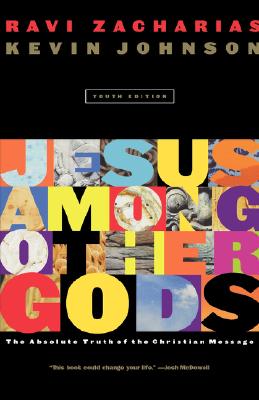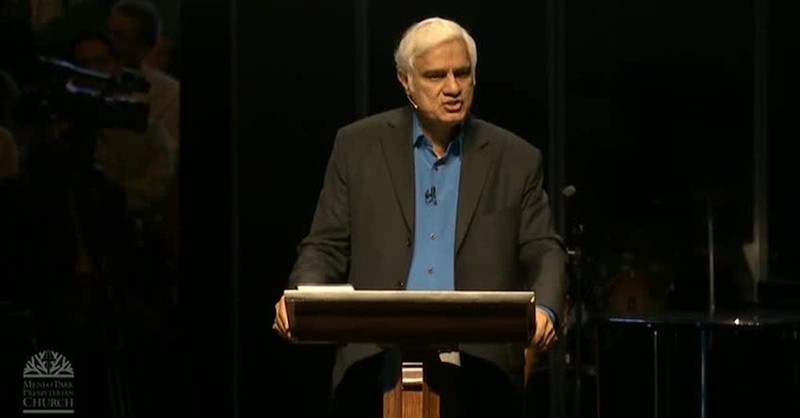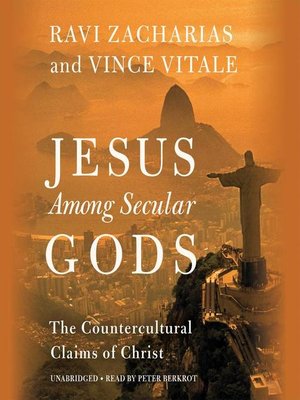


But if the denial of the statement is also true, then all religions are not true.”Īnd there you have it, the basis of the book. To deem all beliefs equally true is sheer nonsense for the simple reason that to deny that statement would also, then, be true. Some beliefs are false, and we know them to be false, so it does no good to put a halo on the notion of tolerance as if everything could be equally true. “All religions, plainly and simply, cannot be true. All religions, regardless of what they are and where they originate, claim exclusivity. Ravi shatters this comforting myth instantly. It requires a general, formless well intentioned “goodness” (good luck defining that goodness when it contrasts with others’ shifting definitions). It’s essentially hard to mess up in this philosophy, after all. Many of us have grown up hearing variations of “all roads lead to God” and, on the surface, love the inclusion. Jesus Among Other Gods examines the uniqueness of religion in general and Christianity in particular. I chose Jesus Among Other Gods as my first foray into Ravi’s world of writing. Having watched several YouTube videos of Ravi’s talks, I was ready to go a bit more in-depth and converse with Ravi in more than just a snippet sized chunk. Not doubt, per say, but working out of your own salvation by examination and deduction. Indeed, this is something Ravi champions.

Ravi showcases an appreciation for people who refuse to believe unless they have looked at the facts and examined their veracity. Ravi has a gentleness and a firmness that, combined together, create an unerring precision to suss out the truth, and not from any sort of feel good notions or even the traditional hell-fire scare tactics, but from sound and critical reasoning.

I fell in love with Ravi, both for his intelligent and critical approach to religion and his compassion that is never watered down with weakness, back around Christmas.


 0 kommentar(er)
0 kommentar(er)
